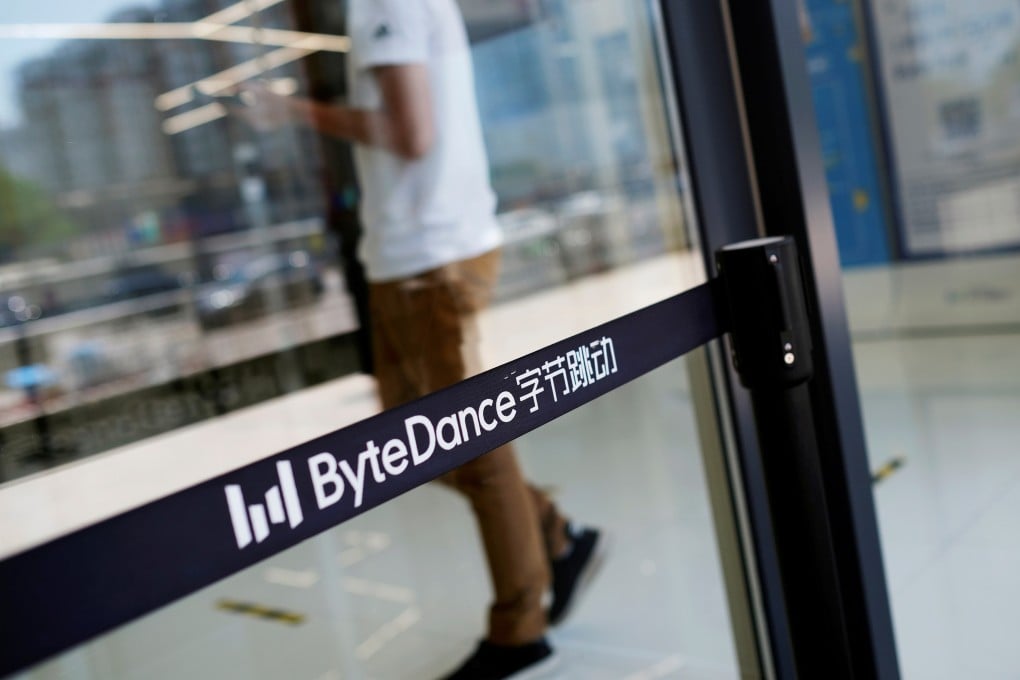Chinese government takes minority stake, board seat in TikTok owner ByteDance’s main domestic subsidiary
- Beijing ByteDance Technology sold a 1 per cent stake to Internet Investment Chinese (Beijing) Technology in a transaction in late April
- The government investor is a unit under the state-backed China Internet Investment Fund

Beijing ByteDance Technology Co sold a 1 per cent stake to state-owned firm Internet Investment Chinese (Beijing) Technology in a transaction in late April, according to Tianyancha, a Chinese corporate registry data service. As part of the deal, a government official named Wu Shugang became a board member of the ByteDance subsidiary.
While the amount involved in the government’s investment was not revealed, data from Tianyancha showed that Beijing ByteDance Technology significantly increased its registered capital to 200 million yuan (US$30.9 million) in late April from 10 million yuan previously. Parent firm ByteDance, which did not announce the deal in April, continues to hold a 99 per cent equity stake.

01:33
How China’s TikTok video app became a global sensation
The transaction was initially flagged by local Chinese media and reported by online technology news site The Information on Tuesday.